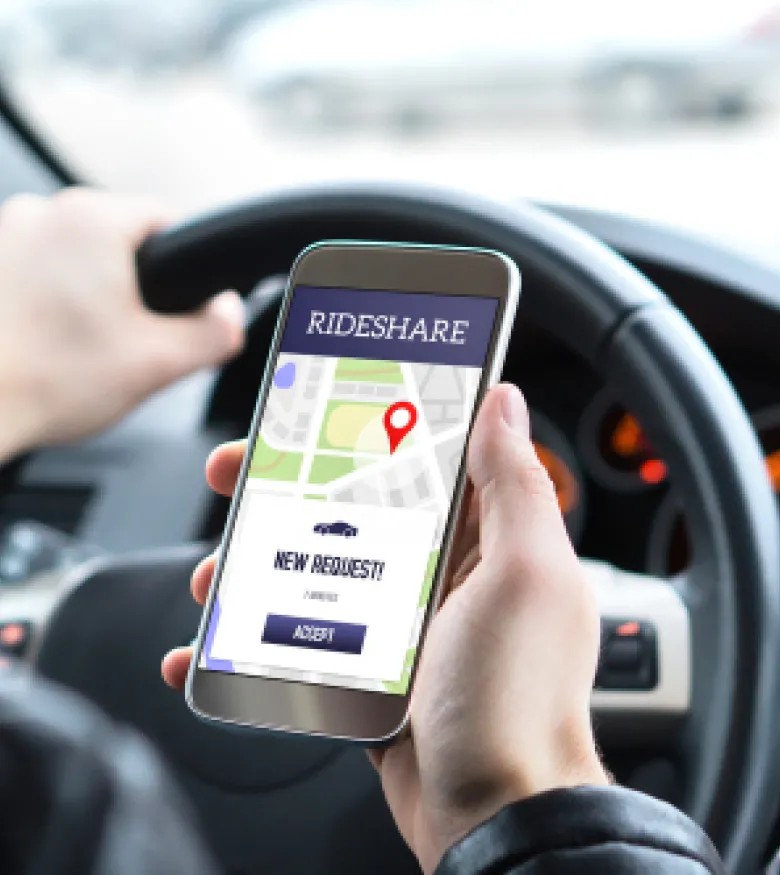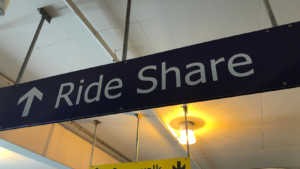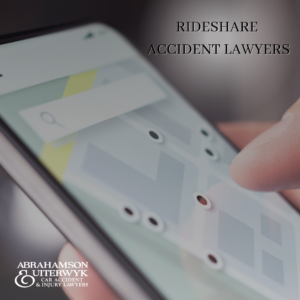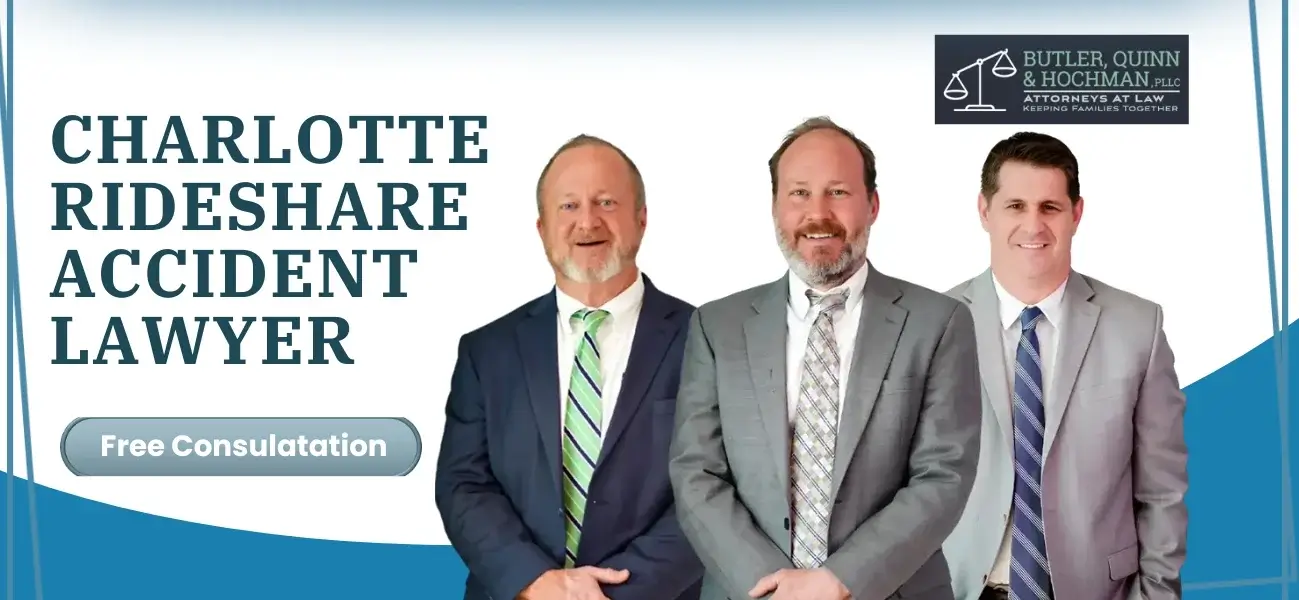5 Ways Rideshare Insurance Differs from Regular Auto Insurance
1. Multiple Coverage Layers: Rideshare accidents involve the driver's personal insurance, the rideshare company's insurance, and potentially third-party coverage.
2. App Status Matters: Coverage varies dramatically depending on whether the driver was offline, waiting for rides, en route to pickup, or actively transporting passengers.
3. Higher Policy Limits: Companies like Uber and Lyft carry $1 million liability policies when drivers are actively engaged.
4. Deductible Complications: Rideshare companies often have $2,500 deductibles that can complicate smaller claims.
5. Commercial vs Personal Use: Personal auto policies typically exclude coverage during commercial activities, creating potential gaps.



